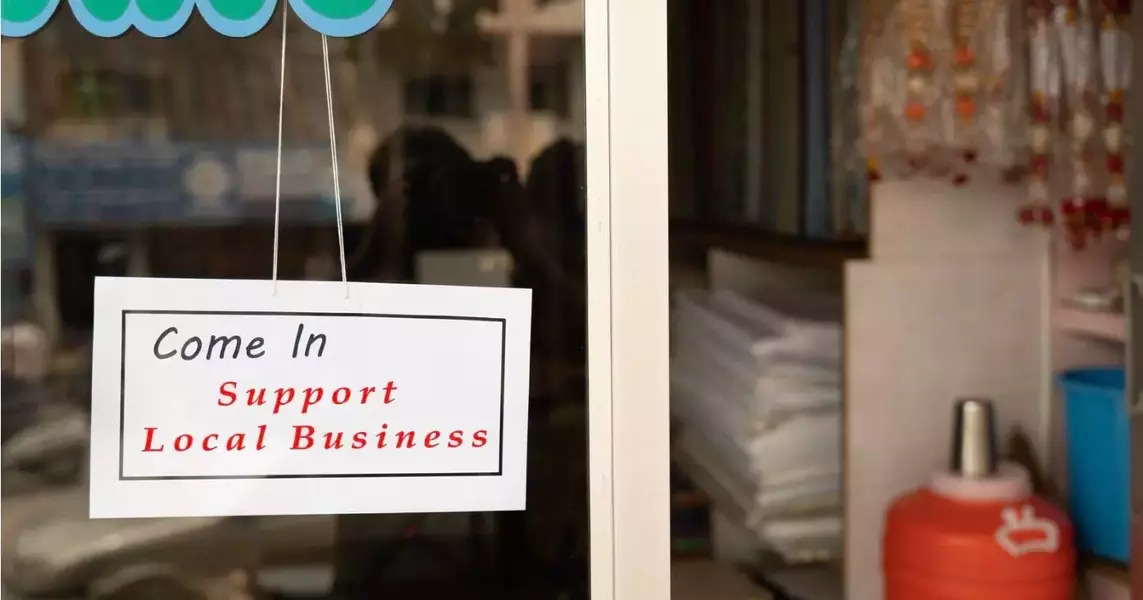Economic Democracy: Empowering Communities Through Collective Action and Local Investment

The results of the November presidential election highlighted a significant concern among Americans regarding the economy. A recent Gallup poll revealed that 52% of voters across the political spectrum ranked economic stability as "extremely important," echoing sentiments from the Great Recession. In response to this, Jasmine Rashid, author of The Financial Activist Playbook, advocates for economic democracy as a solution. This approach emphasizes collective decision-making, community-focused initiatives, and sustainable development to build resilient economies. Rashid suggests that by aligning our financial choices with our values, we can promote equitable and thriving communities.
Empowering Consumers: Voting with Dollars and Voices
In today's economy, individuals have the power to influence markets not just through elections but also through their daily purchasing decisions. According to Rashid, consumers can express their values by choosing products and services that reflect ethical practices and sustainability. However, individual actions alone are limited in addressing systemic issues. Combining thoughtful consumer choices with collective organizing amplifies the impact, fostering alternative businesses and systems that prioritize community well-being over profit.
Rashid explains that while personal decisions matter, they must be complemented by collective action. For instance, boycotting harmful industries or supporting brands committed to waste reduction and ethical supply chains can drive change. Yet, not everyone has the financial means to choose ethically produced goods. Therefore, combining individual efforts with organized movements ensures broader influence. This synergy can shift demands and encourage companies to adopt better practices, promoting more equitable and sustainable economic models.
Building Resilient Communities: Local Economies and Participatory Budgeting
Supporting local businesses is crucial for maintaining vibrant communities. These establishments serve as cultural hubs and sources of livelihood, contributing to the fabric of neighborhoods. When local shops are replaced by large corporations, communities often lose their identity and resilience. Creating a solidarity economy involves keeping wealth circulating within the community through initiatives like cooperatives, ethical businesses, and social enterprises. This approach prioritizes social needs and cooperation over short-term profits.
Furthermore, participatory budgeting offers a powerful tool for democratizing public spending. This process allows residents to directly decide how a portion of public funds should be allocated, ensuring transparency and accountability. Projects proposed and voted on by community members address local needs, building trust in government institutions. Participatory budgeting empowers residents, particularly those historically excluded from decision-making processes, to shape their communities. By engaging in this practice, citizens foster civic engagement and create a culture where tax dollars reflect collective priorities, ultimately strengthening the economic and social fabric of neighborhoods.